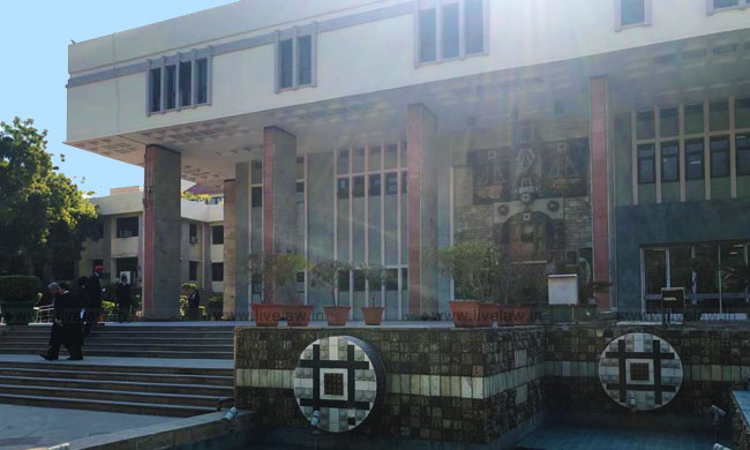Direction To Remove Non-Consensual Intimate Images: Delhi High Court Asks Microsoft, Google To File Review Before Single Judge
Nupur Thapliyal
9 May 2024 3:01 PM IST

Next Story
9 May 2024 3:01 PM IST
The Delhi High Court on Thursday asked Microsoft and Google to approach a single judge by filing review of its last year ruling directing them to automatically identify and remove “non-consensual intimate images” on the internet without insisting on specific URLs.A division bench comprising of Acting Chief Justice Manmohan and Justice Manmeet PS Arora was dealing with the appeals moved...
